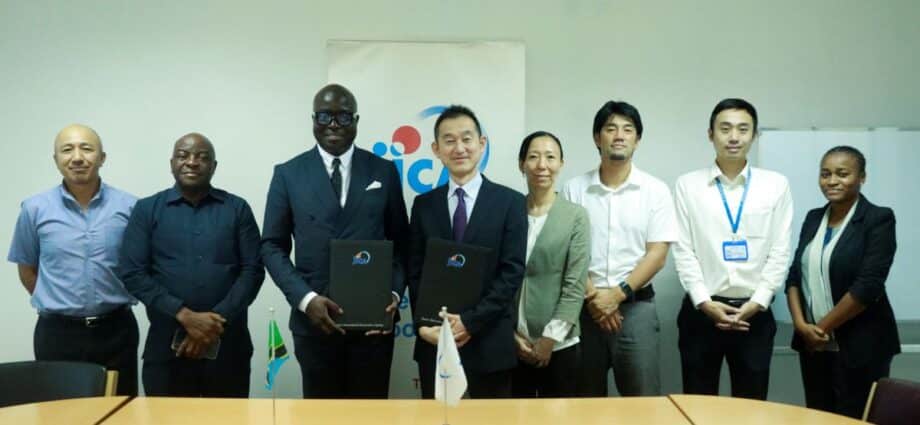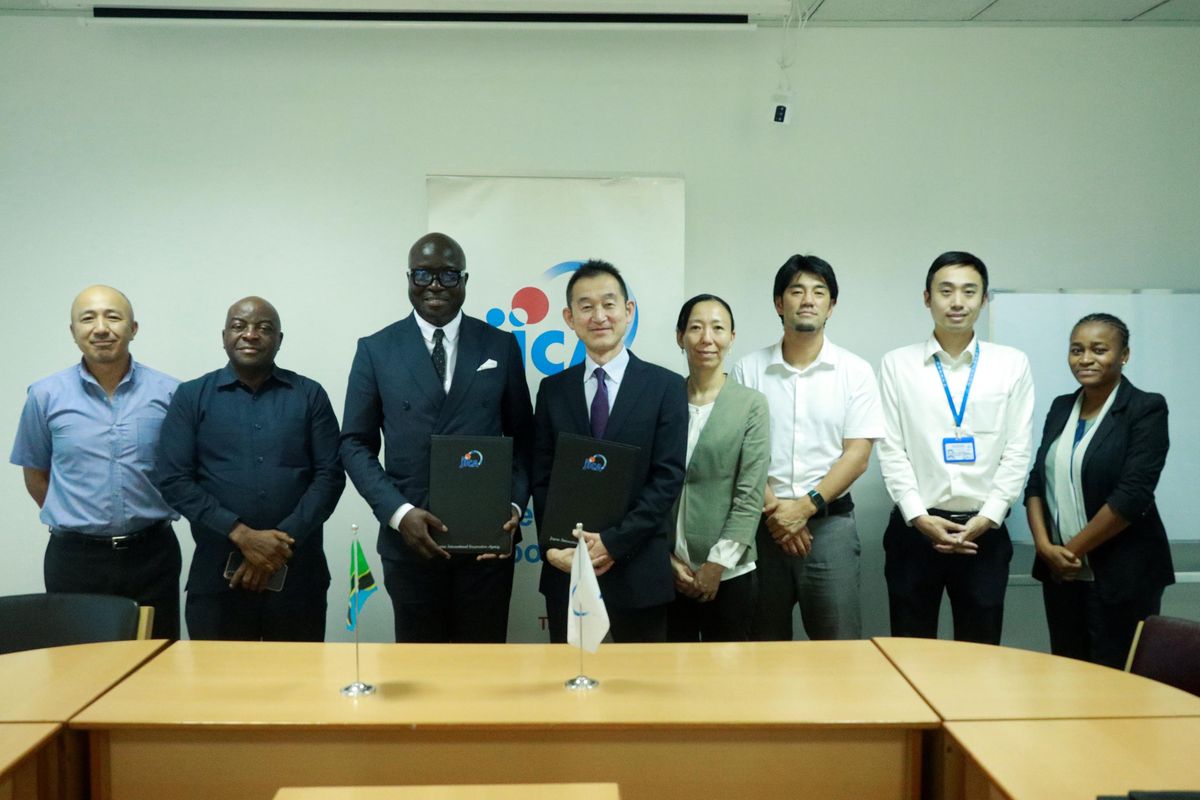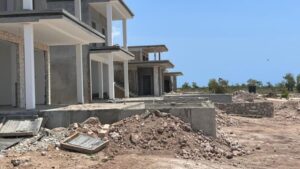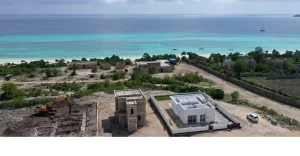Dar es Salaam. Japan International Cooperation Agency (Jica) and the Tanzania government have signed a major agreement aimed at enhancing the country’s startup ecosystem to significantly support small innovative businesses.
The initiative is part of the larger “Project for Startup Ecosystem Enhancement in the Eastern African Region,” which was requested by the Tanzanian government in July 2023.
The agreement was signed on Friday, September 13, 2024, by the ICT Commission on behalf of the Ministry of Information, Communication, and Information Technology (MICIT) and Jica.
Speaking during the event, ICT Commission Director General, Dr Nkundwe Mwasaga, expressed his confidence in the project’s long-term impact.
“We are excited about today’s agreement and expect the project to deliver significant benefits and promote efficiency in the startup ecosystem in the country,” he said.
Jica’s senior assistant director for the Private Sector Development Group, Economic Development Department in Tokyo, Mr Mukai Naoto, reaffirmed the agency’s commitment to working with the Tanzanian government.
“Jica is committed to collaborating with the Tanzanian government to address startup ecosystem challenges and ensure that the project yields results that benefit the country and its people,” said Mr Mukai.
The project is set to be launched in 2025 and span for three years, will focus on supporting MICIT in developing a comprehensive master plan.
The master plan will include steps for nurturing innovative startups, creating a favourable ecosystem for growth, and building capacity within the startup community.
Additionally, the initiative will oversee the implementation of pilot projects that support innovation, as well as capacity-building programmes for key players in the startup ecosystem.
The project will also review existing startup-related policies and legislation and provide recommendations for improvement, aimed at better supporting entrepreneurs.
The partnership between Jica and MICIT is expected to not only strengthen Tanzania’s startup ecosystem but also foster a culture of innovation and entrepreneurship, placing the country at the forefront of regional technological advancement.















